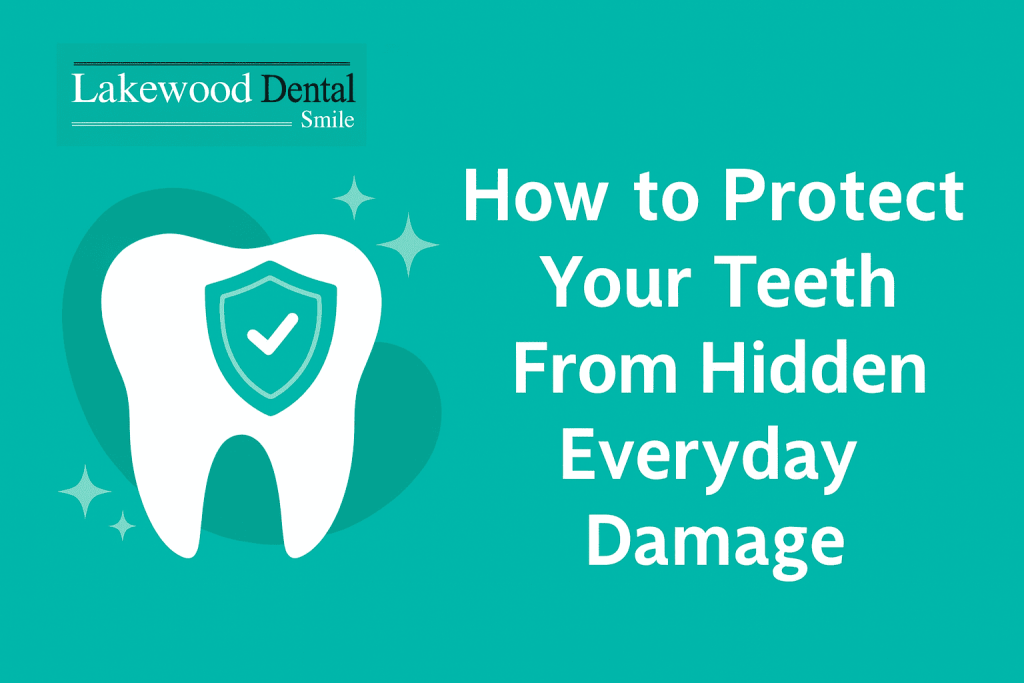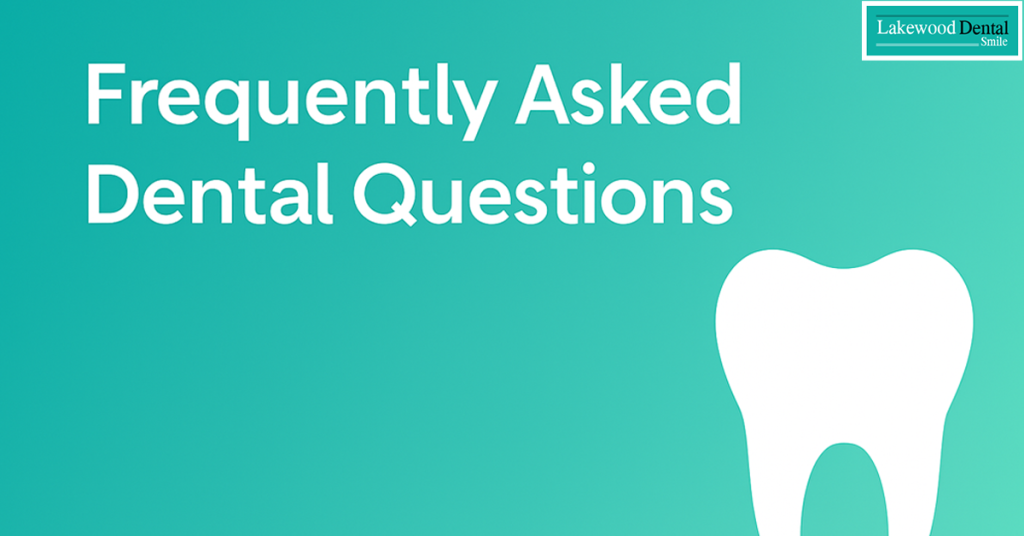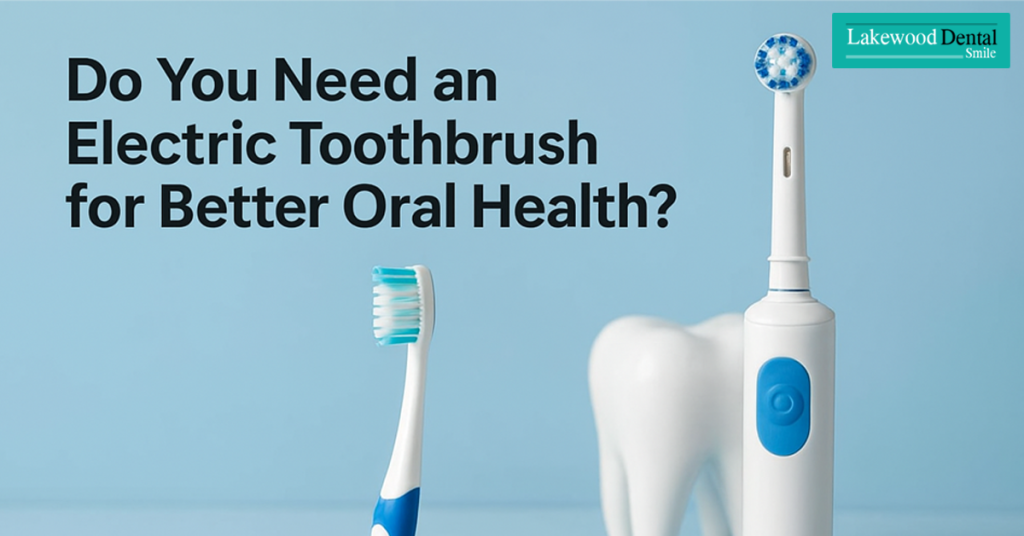Even if you brush and floss every day, your teeth can still suffer from subtle, ongoing damage that builds up over time. Many people are surprised to learn that everyday habits play a major role in enamel erosion, increased sensitivity, and gum irritation. Understanding how to protect your teeth from these hidden threats is essential for maintaining long-term oral health. The effects are often gradual, but the solutions are simple when you know what to avoid and how to adjust your daily routine. This guide explains the most common sources of hidden damage and offers practical steps you can follow for healthier, stronger teeth.

1. Understand the Causes of Hidden Dental Damage
Not all dental problems are caused by poor brushing habits. Many originate from repeated exposure to acids, mechanical pressure, or environmental dry mouth. Activities like sipping acidic beverages, grinding your teeth at night, or chewing on ice gradually wear down the enamel. Because enamel cannot regenerate naturally, it’s important to identify damaging behaviors before they lead to cavities or sensitivity. By learning how these habits affect your teeth, you can take consistent steps to protect your teeth throughout the day.
2. Limit Acidic Drinks and Foods
Citrus juices, soda, sports drinks, and flavored carbonated water contain acids that weaken enamel. When acid sits on your teeth for extended periods, it begins to dissolve the protective layer, making teeth more vulnerable. If you enjoy these beverages, use a straw to reduce direct contact, drink them quickly rather than sipping slowly, and rinse your mouth with water afterward. Avoid brushing immediately after consuming something acidic because the softened enamel is easier to wear down.
3. Avoid Brushing Too Hard
A common misconception is that brushing harder cleans better. In reality, aggressive brushing wears down enamel and causes gum recession. Use a soft-bristled toothbrush and apply gentle pressure while brushing at a 45-degree angle along the gumline. Electric toothbrushes with built-in pressure sensors can be helpful, especially if you tend to brush forcefully. Over time, this simple adjustment helps protect your teeth from unnecessary abrasion and sensitivity.
4. Manage Teeth Grinding and Clenching
Grinding and clenching, especially during sleep, can crack teeth or flatten biting surfaces. This habit often goes unnoticed until symptoms like jaw pain or morning headaches appear. If you suspect grinding, consult your dentist. A custom nightguard can safeguard enamel and absorb pressure from the jaw joint. Addressing stress, improving sleep posture, and reducing caffeine intake may also help minimize grinding episodes.
5. Reduce Frequent Snacking and Sugar Exposure
Each time you snack—particularly on sugary or starchy foods—your mouth becomes more acidic. Frequent snacking keeps teeth under prolonged acid attacks, allowing bacteria to produce cavity-causing acids. Limiting snacks, drinking water afterward, or choosing high-fiber foods helps restore a balanced oral environment. Cheese, nuts, and raw vegetables are great options because they cleanse the mouth and support a healthier pH.
6. Stay Hydrated and Avoid Mouth Breathing
Saliva plays a major role in keeping your mouth healthy. It neutralizes acids, washes away food particles, and supports enamel repair. Mouth breathing, especially during sleep or exercise, dries out the mouth and reduces saliva production. Staying hydrated, using a humidifier at night, and treating nasal congestion can help maintain a moist oral environment. Chewing sugar-free gum can also stimulate saliva and naturally protect your teeth.
7. Pay Attention to Early Warning Signs
Sensitivity to hot or cold foods, small chips, surface discoloration, or mild aching are often signs of early enamel stress. Ignoring these symptoms allows problems to progress. Routine dental checkups help identify hidden damage early, making treatment more effective. Your dentist can suggest preventive strategies, fluoride treatments, or protective restorations depending on your situation. Being proactive is one of the most effective ways to maintain strong enamel and avoid costly treatments later.
Final Thoughts
Everyday habits can slowly damage your teeth even when you follow a good brushing and flossing routine. By identifying the small but harmful behaviors that affect enamel and gums, you can make meaningful changes to protect your teeth and maintain strong oral health. If you want personalized guidance or need help addressing specific issues, the team at Lakewood Dental Smile in Dearborn, Michigan, is ready to support you with expert care and preventive solutions tailored to your needs.




